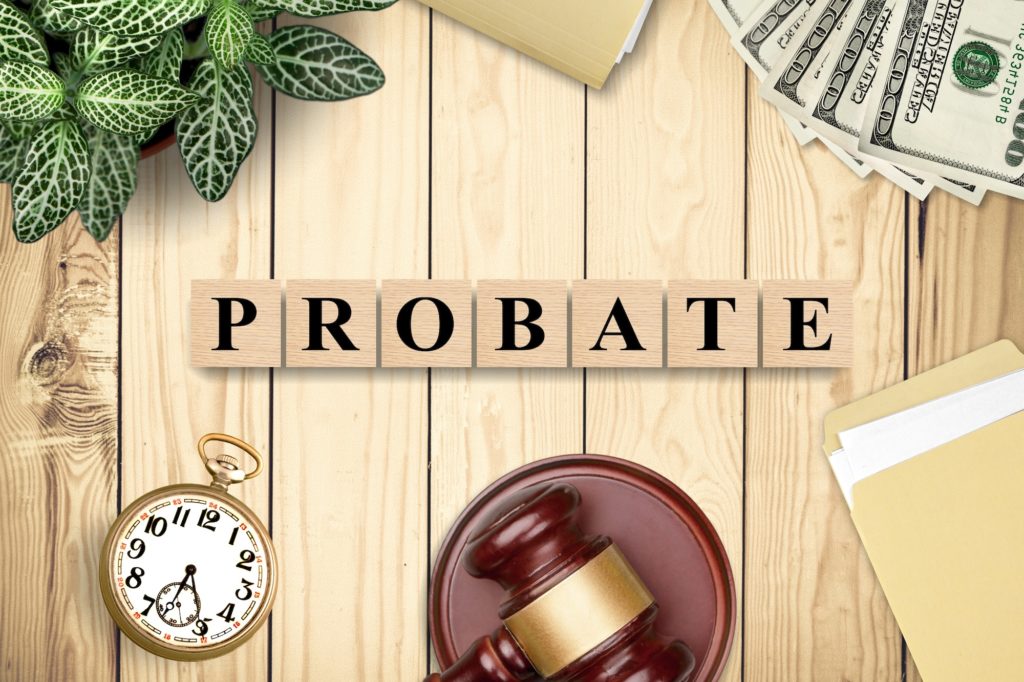Everyone eventually dies. To help you make things easier for your loved ones, please call our office to schedule a consultation with one of our experienced attorneys.
Category Archives: Estate Planning
Chadwick Boseman died at the age of 43, after a four-year battle with colon cancer. Boseman kept his cancer diagnosis a secret for four years, working on projects such as the Black Panther in the Marvel Comics Avengerfilm franchise.
A financial advisor helps consumers think through long-term financial goals. For example, they may successfully eliminate debt, establish emergency funds, or set up a retirement account.
Exercise offers myriad health benefits. It helps prevent and/or manage health conditions such. These include diabetes, high blood pressure, arthritis, stroke, many types of cancer, and obesity.
After your child dies, remember to update relevant estate planning documents.
Court fees, attorney fees, executor fees, and the cost of probate itself often diminish the value of an estate. The overall costs vary widely from state to state. But the average probate in the U.S. costs between 5 and 10 percent of the value of the estate.
With significant funds in the account, the family may need to file probate to claim the funds. However, most states follow a small estate affidavit process.
Many families purchase life insurance to protect their income. This protects the family’s source of income which would otherwise end due to the death of the parent.
DAPT laws vary significantly by state. Residency requirements vary from state to state, as does the required connection of the grantor with the DAPT state.
A generation-skipping trusts allows you to distribute your money and property to your grandchildren, or even to later generations, without taxation, by using your lifetime exemption to offset any tax that could be due.











